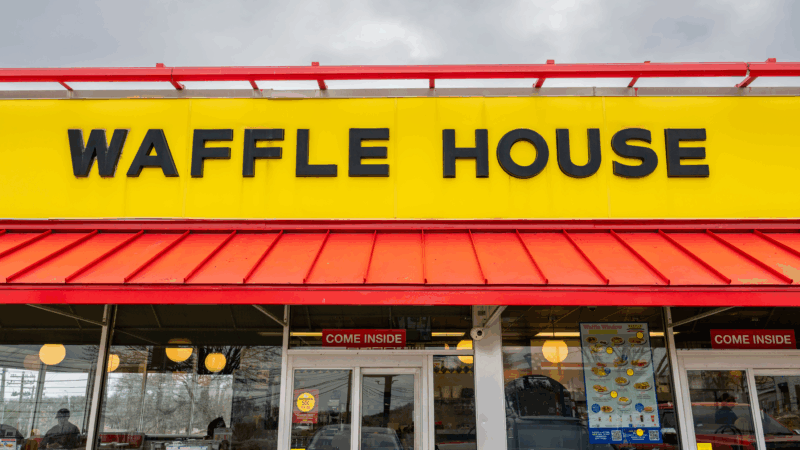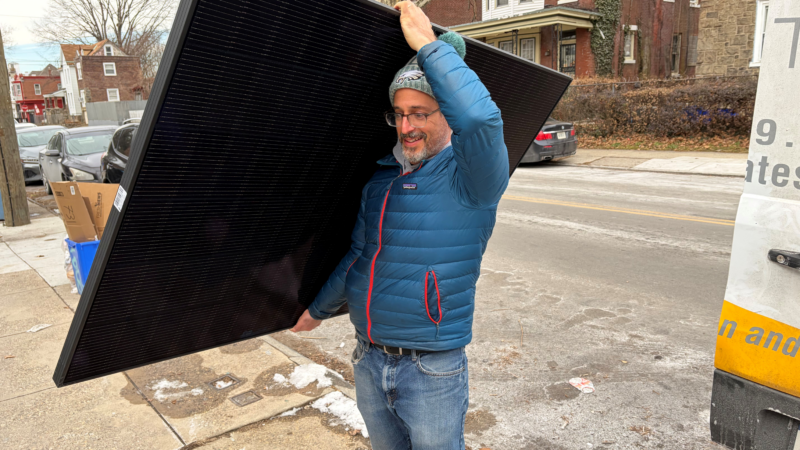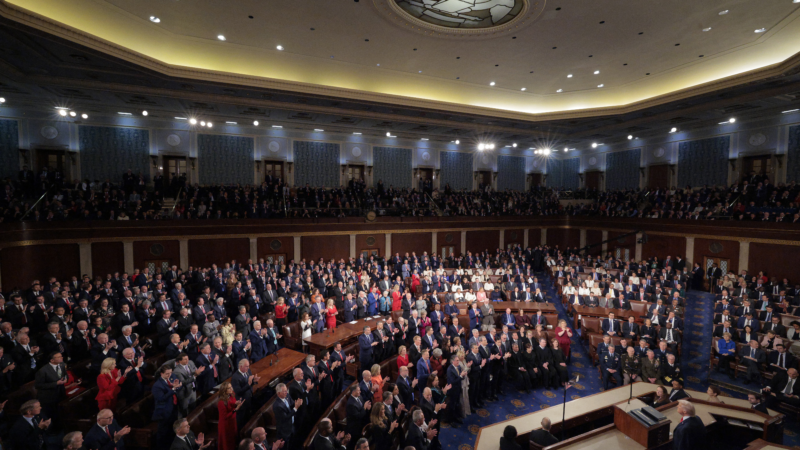Waffle House drops egg surcharge as prices fall back to Earth
In a welcome sign that sky-high egg prices are coming home to roost, Waffle House is dropping its 50 cent per egg surcharge.
“Egg-cellent news,” the chain announced Tuesday in a social media post. “The egg surcharge is officially off the menu. Thanks for understanding.”
Waffle House had added the surcharge in February as an outbreak of avian flu forced the culling of tens of millions of egg-laying chickens, sending prices to record highs. Since then, both wholesale and retail prices have begun to normalize, although retail egg prices in May were still up more than 40% from a year ago.
“Families are seeing relief with egg prices driving food deflation,” Agriculture Secretary Brooke Rollins said in a statement last week. “We must remain diligent, and egg farmers and producers can continue to utilize USDA resources to conduct biosecurity assessments.”
Why the egg price hike resonated so much
The spike in egg prices was a challenge for Waffle House, which serves about 272 million eggs in a typical year. The Georgia-based chain operates more than 2,000 restaurants, and its 24-hour diners are such a fixture in the southeast that FEMA uses an informal “Waffle House Index” to measure hurricane damage.
The temporary egg surcharge was its own sort of misery index as the nation vented its frustration with runaway food prices. Other breakfast chains like Denny’s also added surcharges when eggs were in short supply.

Waffle House quietly dropped its surcharge a month ago, before trumpeting the news on Tuesday.
Overall, food prices are up 2.9% over the twelve months ending in May while restaurant prices are up 3.8%. Food prices have climbed slightly faster over the last year than the overall cost of living.
When a horse whinnies, there’s more than meets the ear
A new study finds that horse whinnies are made of both a high and a low frequency, generated by different parts of the vocal tract. The two-tone sound may help horses convey more complex information.
Hundreds of American nurses choose Canada over the U.S. under Trump
More than 1,000 American nurses have successfully applied for licensure in British Columbia since April, a massive increase over prior years.
Trump’s many tariff tools mean consumer prices won’t go down, analysts say
The Supreme Court struck down President Trump's signature tariffs. But the president has other tariff tools, and consumers shouldn't expect cheaper prices anytime soon, economists say.
Tax credits for solar panels are available, but the catch is you can’t own them
Rooftop solar installers are steering customers toward leases instead of purchases. Federal tax credits for purchased systems have ended but are still available for leased ones.
5 takeaways from Trump’s State of the Union address
President Trump hit familiar notes on immigration and culture in his speech Tuesday night, but he largely underplayed the economic problems that voters say they are most concerned about.
China restricts exports to 40 Japanese entities with ties to military
China on Tuesday restricted exports to 40 Japanese entities it says are contributing to Japan's "remilitarization," in the latest escalation of tensions with Tokyo.







